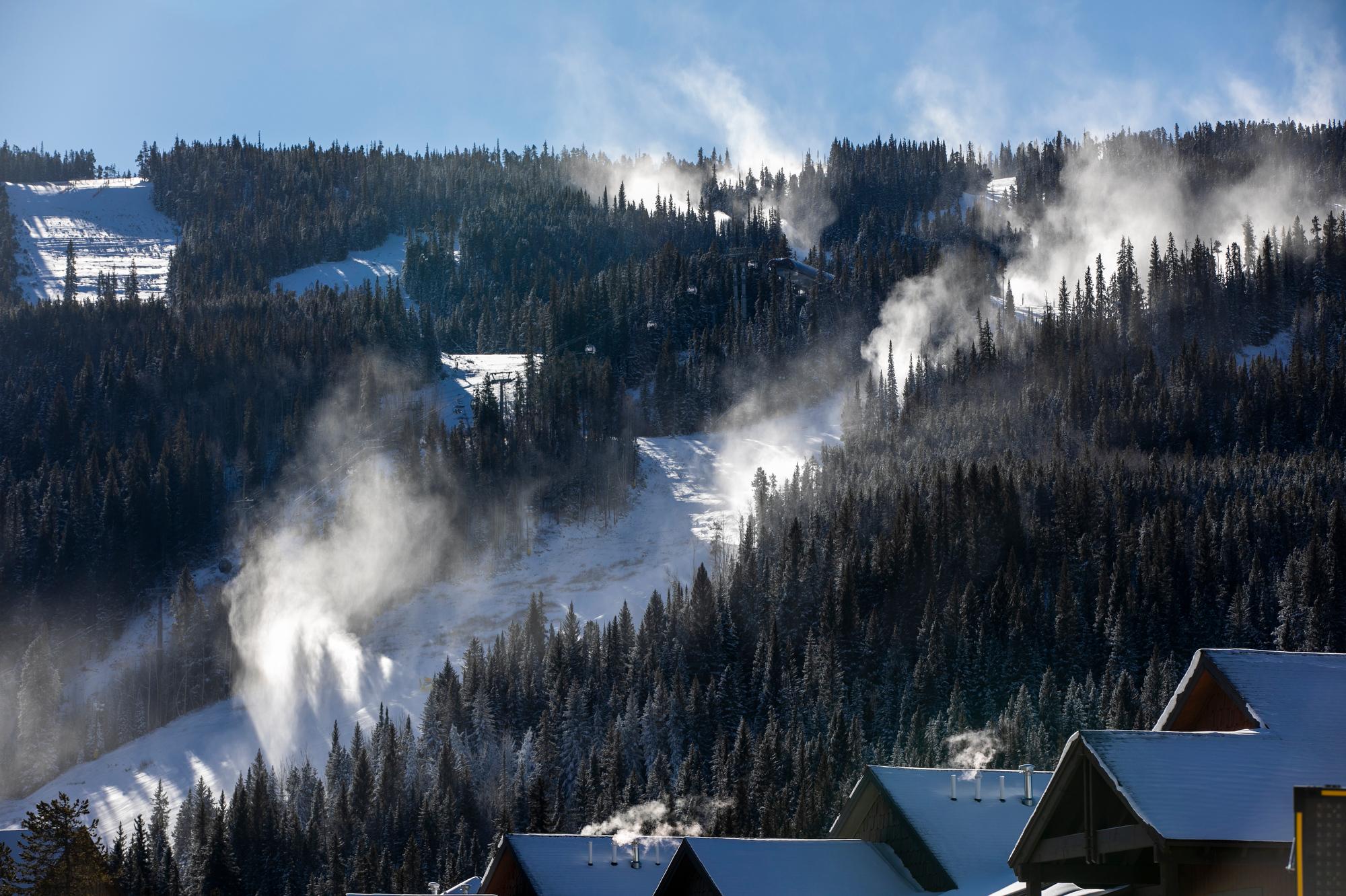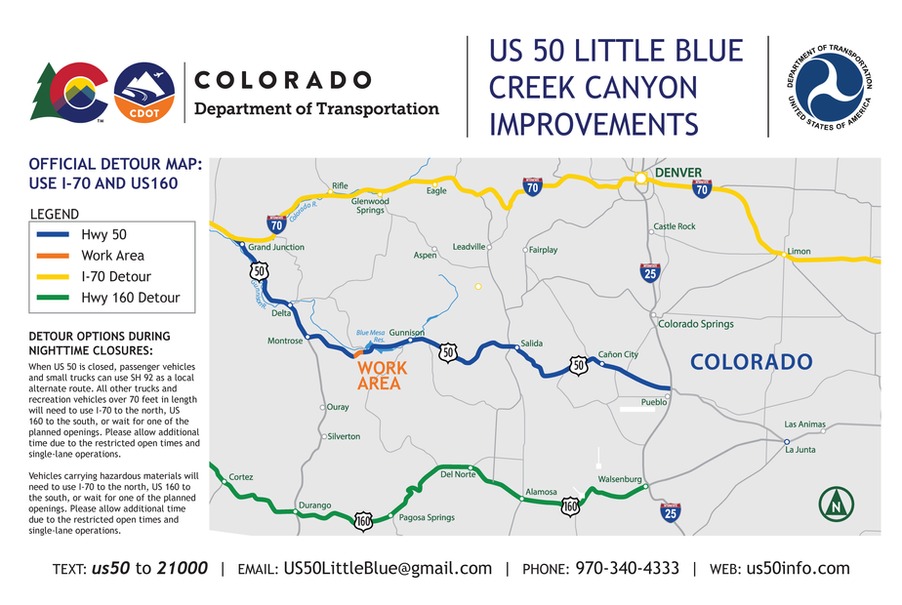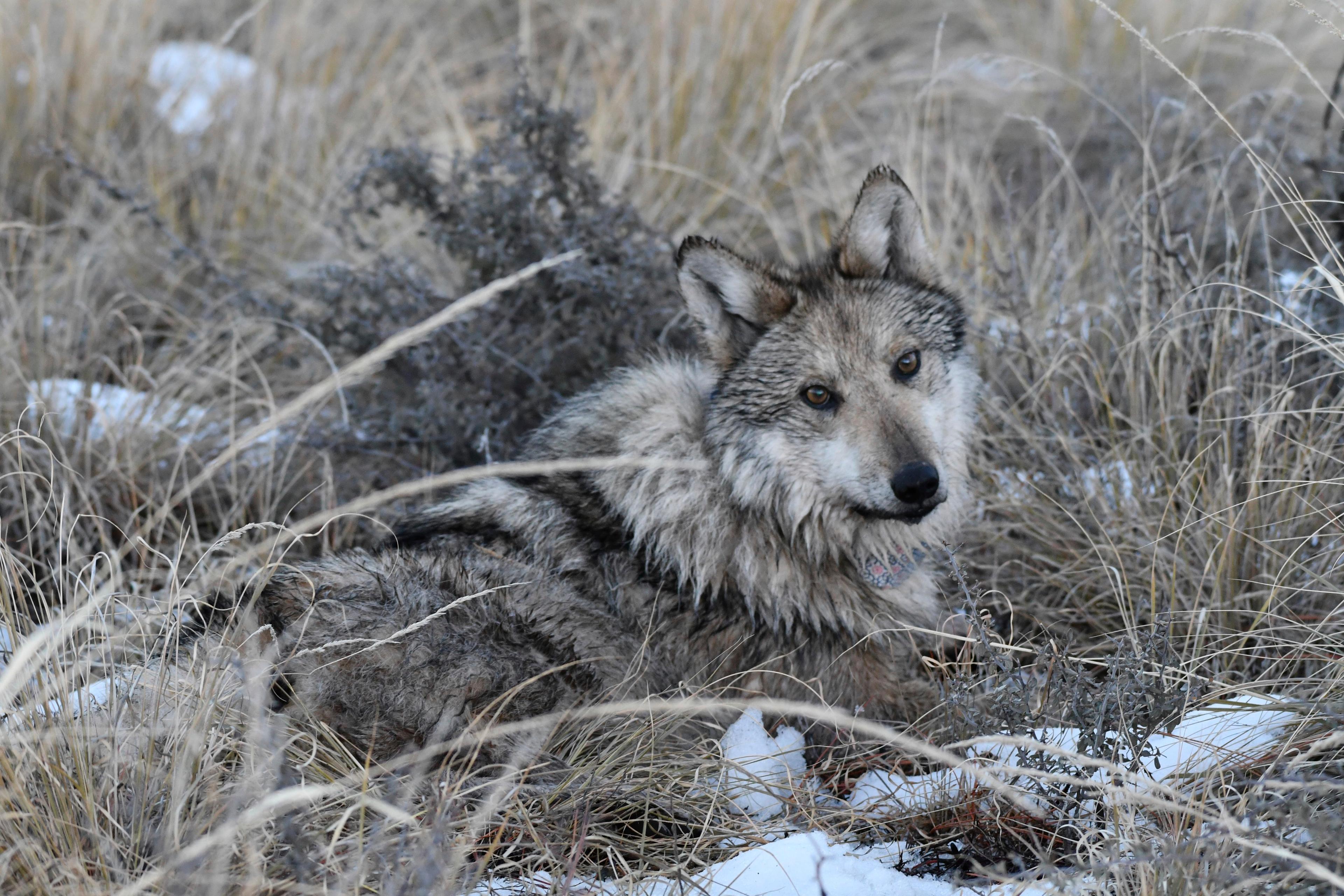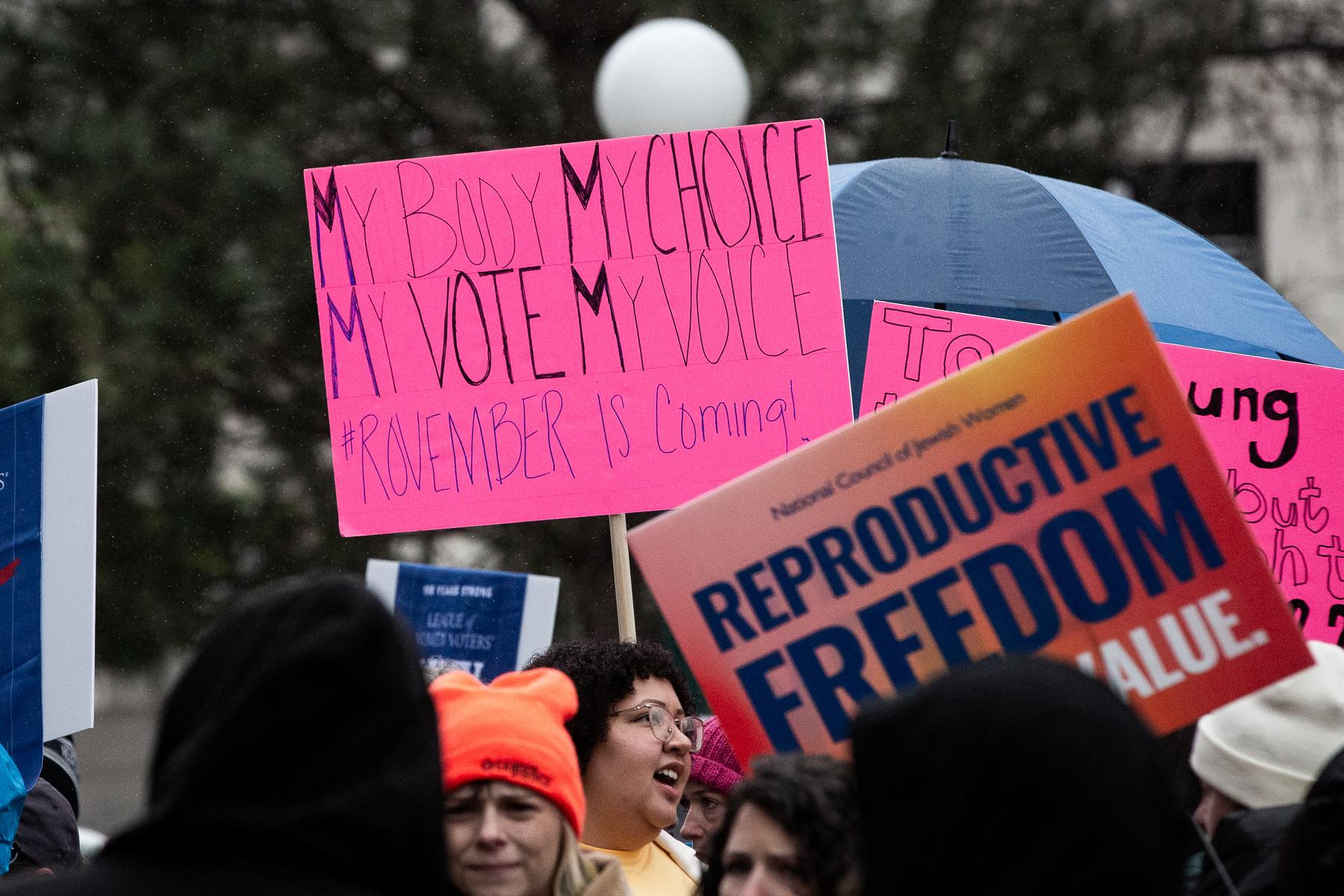
There’s a bipartisan effort underway in Congress to dedicate some of the money generated by the ski industry on public lands in the forests where resorts are located.
Democratic Sen. Michael Bennet and Republican Sen. John Barrasso of Wyoming have introduced the Ski Hill Resources for Economic Development Act, otherwise known as the SHRED Act.
Currently, ski resorts that operate in national forests have to pay a permit fee that goes directly to the U.S. treasury. The bill would create a Ski Area Fee Retention Account, earmarking a portion of those permitting fees for the Forest Service. National Forests that get less than $15 million in ski fees would keep 75 percent of those funds, forests that get more than $15 million would keep only 60 percent.
“The partnership between ski areas, the Forest Service, and mountain communities is critical - especially in areas like the White River National Forest,” said Bennet in a statement. “This bill will rightfully keep funds where they are generated and help local communities tackle their own priorities, like making trailhead improvements or increasing staffing.”
This idea isn’t new. Bennet and Barrasso were also co-sponsors of a similar bill last Congress introduced by former Sen. Cory Gardner. Former GOP Rep. Scott Tipton, who is also no longer in Congress, helped lead the House effort.
But this new version goes further than that bill.
It includes setting aside 25 percent of the retained funds to help local recreation management, from trail head improvements to visitor services. Sen. John Hickenlooper and three other senators have signed on as original co-sponsors.
Democratic Rep. Joe Neguse is now one of the leaders in the House working to get the SHRED Act passed. He’s joined by Democratic Rep. Ann McLande Kuster of New Hampshire, who was co-chair of Congressional Ski and Snowboard Caucus with Tipton, and GOP Reps. John Curtis of Utah and Doug LaMalfa of California. Neguse, Curtis and Laalfa also work together in the bipartisan Wildfire Caucus.
Neguse described the SHRED Act as a common-sense change to how the federal government handles ski area fees.
“Investing in our National Forests, restoring our public lands and supporting outdoor guides and retailers is how we ensure our mountain communities thrive and grow,” Neguse said in a statement. “By keeping local Ski fees in the communities developing them, we can invest in our National Forests, improve the recreation permitting process, and support wildfire planning and coordination.”
Neguse has been talking about the bill as he has been traveling around his district. And he’s off to a quick start. The House Public Lands subcommittee that he chairs will hold a hearing on the bill later today.
Over on the Senate side, Barasso is ranking member of the Senate Energy and Natural Resources Committee, which will have jurisdiction over the bill.
As he sees it, local ski communities are sending money to Washington, but not reaping the full benefits of it. This bill, Barrasso said, will give ski communities “more bang for their buck.”
The National Ski Areas Association is also backing the measure.
“Retaining permit fees will allow for local USFS offices to be better staffed and funded, which will benefit not only ski areas but outfitter guides that have permits from the Forest Service,” said spokesperson Adrienne Saia Isaac. She added that previous National Forest Service recreation budgets have been “negatively impacted” while demand for outdoor recreation has increased.
There are 122 ski areas operating on National Forest Service lands, paying fees that average $39 million per year. In 2019, the U.S. Treasury collected $55 million from ski operators, with more than half of that coming from Colorado resorts. The payment system’s complex formula has led to increasing fees over the years, especially as ski resorts expand their summer activities.
Editor's Note: The original headline misspelled Sen. Bennet's last name. It has been corrected.
CPR’s coverage of Colorado’s congressional delegation focuses on accountability and on providing information constituents need to live their lives. Read more about our priorities here.
- Between Redistricting, Changing Demographics And New Political Trends, Doug Lamborn’s Long Tenure In Congress Faces New Challenges
- Michael Bennet Wants White House Review Of Trump’s Decision To Move Space Command Away From Colorado Springs
- Ken Buck Defends Liz Cheney After GOP Ouster, Lauren Boebert Keeps Up Criticism









